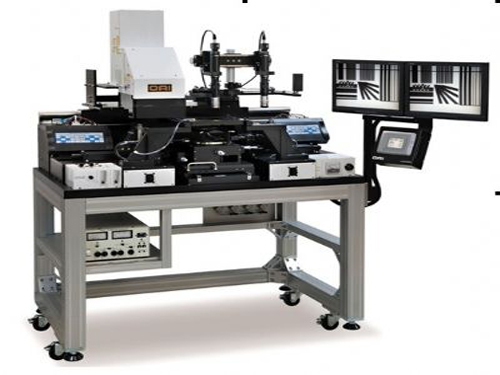
Privacy statement: Your privacy is very important to Us. Our company promises not to disclose your personal information to any external company with out your explicit permission.
Select Language

Malcolm Payne, CEO of Future Horizons, a leading industry research institute in Europe, said that the European Union's Horizon 2020 project's intention to establish more integrated circuit manufacturing capabilities in Europe has failed.
Payne said at the IFS 2014 conference in London this morning: “The EU implementation of this project will inevitably subsidize the company.” When asked if this means that Europe will not have any growth in manufacturing capacity, Payne answered. "Yes".
The goal of the EU Horizon 2020 project is to increase the European semiconductor market share to 20% of the global market. Payne said: "The goal of producing 20% of the world's semiconductors has been reduced to the economic value of the chips produced in Europe."
Payne added: "In the history of the semiconductor industry rankings, European semiconductor manufacturers failed to enter the top 10. For the first time, the top 10 are five American companies, two Japanese companies and three Asian companies. You may question the "horizon." What is the purpose of the 2020 project and all projects carried out after the JESSI project?"
The European Joint Submicron Silicon Initiative (JESSI) project was launched in July 1989 and ended at the end of 1996. It has invested 3 billion euros in total, and was jointly funded by the government and enterprises. It was initiated by 14 companies and research structures and finally attracted 16 participants. More than 3,000 scientists and engineers from 190 agencies and countries participated in the project. JESSI brings fundamental changes to the European electronics and information technology industries. Europe has not only established a 0.7- to 0.35-micron complementary metal-oxide (CMOS) high-integration logic circuit manufacturing capability and reached the same world-class technology level as that of the United States and Japan, enabling Europe to regain its ability to provide advanced integrated circuits, and it is also across Europe. The establishment of an effective atmosphere of cooperation has laid a good foundation for extensive cooperation among companies and research institutions in various countries. JESSI has also set up sub-projects for equipment and materials. The goal is to address the major strategic weaknesses in the development of the European semiconductor industry – the dependence of equipment on imports for important steps in key processes. After the completion of the JESSI project, IC equipment suppliers have achieved great commercial success, including stepper, plasma etching module, large-diameter silicon wafer manufacturing equipment, and other strategically important equipment. It also established a global competitiveness for Europe.
E-mel kepada pembekal ini

Privacy statement: Your privacy is very important to Us. Our company promises not to disclose your personal information to any external company with out your explicit permission.

Fill in more information so that we can get in touch with you faster
Privacy statement: Your privacy is very important to Us. Our company promises not to disclose your personal information to any external company with out your explicit permission.